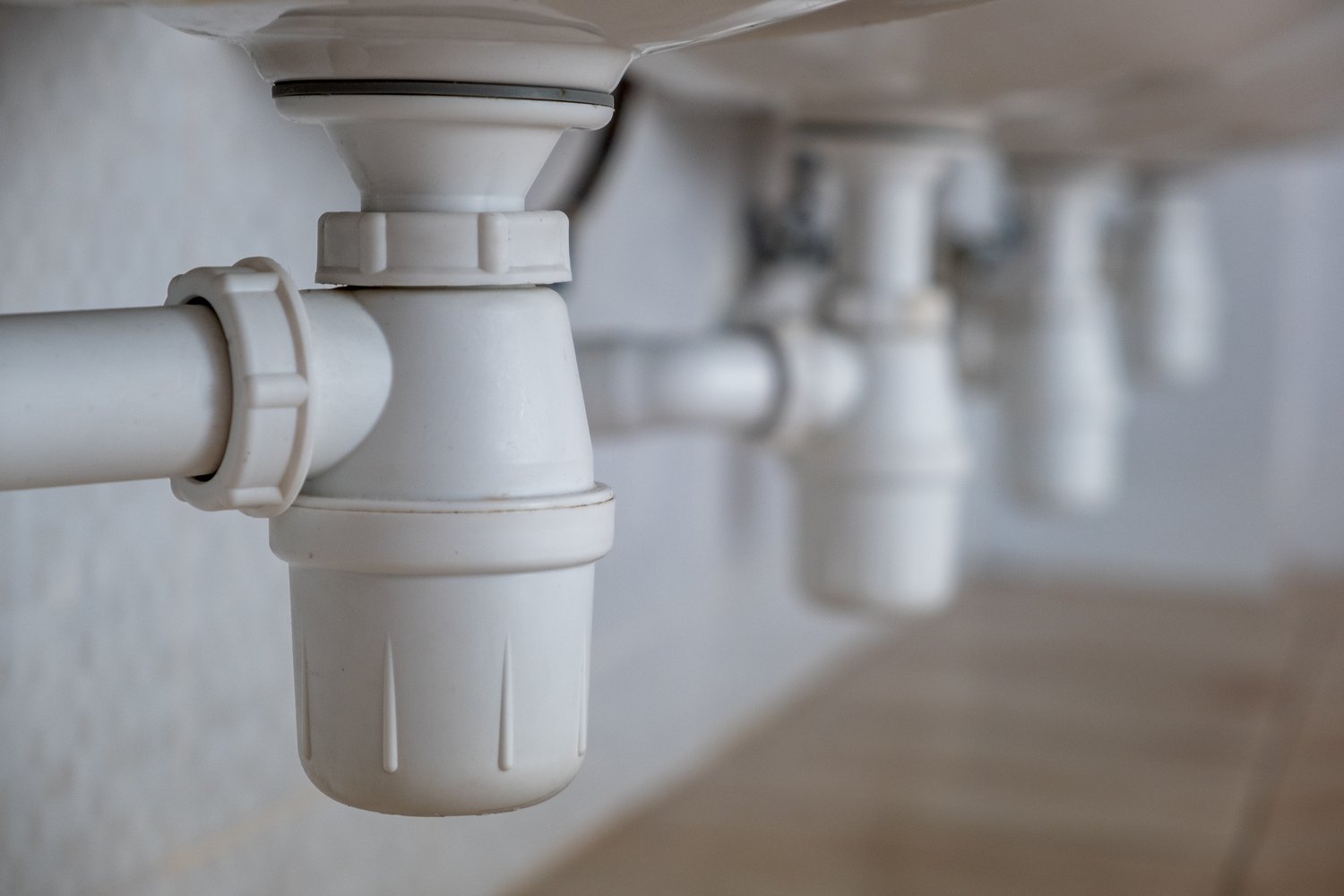Strange smells wafting from your drains can turn the comfort of your home into an unpleasant experience. These odors might seem mysterious, but they often have simple explanations and even simpler solutions. Delving into the unexpected causes and remedies for drain odors can arm you with the knowledge to tackle these common household nuisances effectively.
- Identifying the source of drain smells is crucial, as it could range from harmless to a serious plumbing issue.
- Understanding the causes, such as residual food debris or soap scum, can help determine the appropriate solution.
- Try easy DIY solutions including natural remedies like baking soda and vinegar to eliminate minor odor issues.
- Seek professional help if the odors persist, as they might indicate underlying plumbing problems beyond simple cleaning.
By addressing these odors promptly, not only do you enhance your home’s environment, but you also mitigate potential long-term plumbing troubles. This article equips you with both the confidence to handle minor issues and the judgment to recognize when professional assistance is necessary.
Identifying the Source of Strange Smells From Drains: Quick Fixes for Common Odor Issues
Strange smells from drains can turn your home into an uncomfortable space, but tackling the root cause can make all the difference. Drains often produce odors due to blockages, bacterial growth, or dry traps. A blockage can occur when debris accumulates over time, obstructing the smooth flow of water and causing unpleasant smells.
Bacterial growth, another common culprit, thrives in damp environments. These bacteria release gases that can lead to foul odors. Additionally, dry traps are a frequent issue in rarely used drains. Traps without water create a pathway for sewer gases to enter your home. Identifying whether blockages, bacteria, or dry traps are responsible is the essential first step in odor management.
Understanding Common Causes of Drain Odors
To effectively map out a solution, understanding the usual suspects behind drain odors can be invaluable. One primary cause of odors is food debris. When food particles are not fully flushed down, they can decompose and attract bacteria. Similarly, soap residues from dishwashing or bathing might cling to the inner walls of pipes, creating breeding grounds for bacteria.
Moreover, sewer gases are another significant issue that homeowners encounter. They often result from improperly sealed pipes or faulty vents, allowing gases to escape into your living areas. By recognizing these causes—food debris, soap residues, and sewer gases—you are better equipped to choose the right approach to eliminate odors effectively.
DIY Solutions for Strange Smells From Drains: Quick Fixes for Common Odor Issues
Combating unpleasant drain odors can often be achieved with simple DIY methods that are both cost-effective and environmentally friendly. One of the most popular solutions involves the use of baking soda and vinegar, two common household items known for their deodorizing properties.
Begin by pouring a generous amount of baking soda down the affected drain. Let it sit for a few minutes to allow it to settle into any debris or grime causing the odor. Follow up by slowly pouring vinegar down the drain. The combination will create a fizzing reaction that helps break down deposits and neutralize smells. Rinse thoroughly with hot water to clear away loosened residues.
Ensuring water-filled P-traps is another effective strategy. Check any seldom-used drains, such as those in guest bathrooms or laundry spaces, to ensure the traps are filled with water. A dry trap can allow sewer gases to seep into the home, so if necessary, add water to create a barrier against odors.
Regular maintenance, such as flushing drains with hot water or lemon juice, can also prevent future odor issues. These simple yet effective measures can leave your drains smelling fresh and reduce the likelihood of stubborn smells returning.
When to Seek Professional Help for Drain Odors
While many drain odor problems can be resolved with DIY efforts, persistent or severe odors may indicate deeper issues that require professional plumbing expertise. If the smell persists despite multiple cleaning attempts, there could be a larger problem at play within your plumbing system.
Professionals can identify and address potential problems such as blockages deep within the pipes, broken sewer lines, or compromised septic systems. Ignoring these warning signs might lead to more extensive damage, so it is crucial to consult a licensed plumber if odors linger.
Particularly pungent smells or those accompanied by slow drainage or backup might suggest a serious malfunction that requires immediate attention. By seeking professional guidance, you can ensure the health and efficiency of your drainage system, ultimately providing peace of mind and a fresh-smelling home environment.
Frequently Asked Questions About Drain Odors
What causes a rotten egg smell from my sink drain?
A rotten egg smell could indicate sewer gas leaking through a dry trap, requiring water to refill the trap.
How often should I clean my drains to prevent odors?
Clean drains monthly to prevent buildup of food, soap, and other debris causing odors.
Can baking soda and vinegar help with drain odors?
Yes, using a mix of baking soda and vinegar can neutralize odors effectively.
What if the odor returns after cleaning?
Persistent odors may suggest plumbing issues and require professional assessment.
Are chemical drain cleaners safe for frequent use?
Frequent use of chemical drain cleaners can damage pipes; opt for natural solutions when possible.





